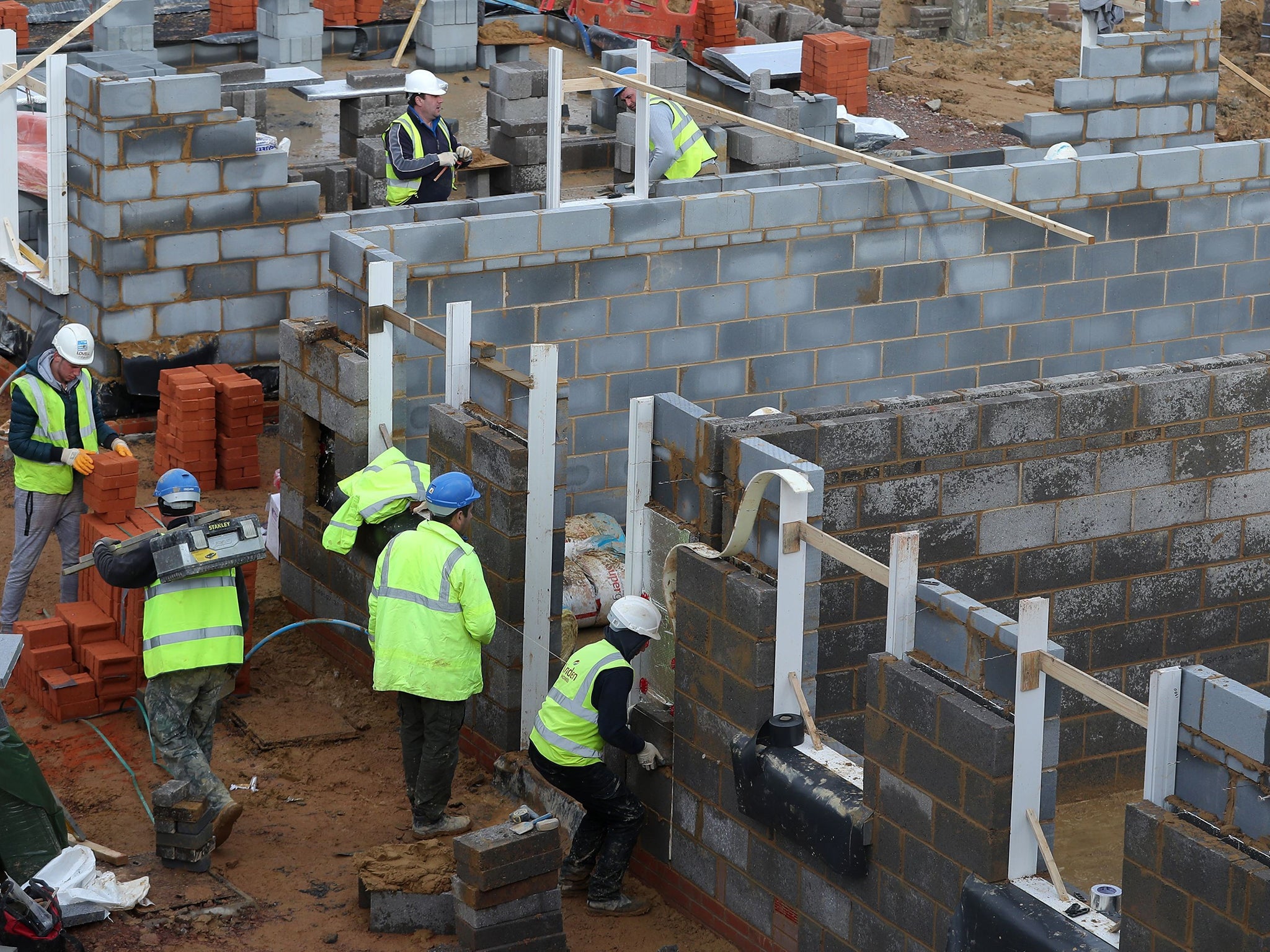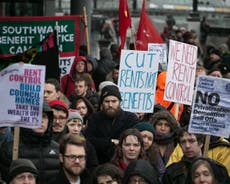Millennials need to stop complaining about the housing crisis – us baby boomers had it much worse
Houses and flats were cheaper because there was less money around. There were no mobile phones; second-hand cars were expensive and rusty; foreign holidays were only just coming in and the most exotic thing you’d find in a British pantry was a box of Alpen


There are so many myths and misconceptions about millennials and the housing market that it is difficult to know where to start. I suppose the first thing to recognise is that the gap between property prices and the incomes of even middle-earning millennials is probably at historically high levels, and the latest research from the Institute for Fiscal Studies bears this out graphically.
There’s no doubt that it is tougher than ever to get onto and move up the housing ladder. That, though, isn’t actually the problem. The problem is a whole generation beating themselves up and getting depressed about it: and that is because of some rather sloppy thinking and a complete lack of perspective.
First, millennials (and anyone else) should drop the notion that owning your own home is some sort of human right. Patently it is not. Nor is acquiring the levels of wealth or income that any given previous generation achieved (I shall return to that). If you have to rent for longer than people used to, then so what? Back before the 1950s, it was commonplace for newlyweds to move in with their in-laws to save money. Even if you have to rent forever, then so what? As is well recognised, over in Europe, most notably in Germany, renting has long been the norm, and the acquisitive property habits of the British are poorly understood (like much else). The obsession with real estate has disfigured everything from dinner party conversations to the productive potential of the British economy (because far too much investment is poured into bricks and mortar and not much is left for new plant and machinery, technology and training that would make the country richer in the longer term, ie the opposite to Germany or Japan, say).
Now we find the Great British property psychosis disturbing the emotional equilibrium of Generation Y. That is, in fact, the real tragedy in all this.
The answer to my “so what?” question is usually that buying a home is the only way for young people to build up some wealth. To which there are some further answers.
First, residential property is not the only way to build up wealth, and it is not guaranteed to do so. I readily agree that the trebling or so of property values bought on a mortgage (and thus maximising the “leveraging” effect of the boom) in the past two decades or so has been just that – dramatic and awe-inspiring, and tax-free too. By the same token, though, and for precisely the same reasons of declining affordability, there is every reason to think that the extraordinary boom in property values since the 1990s has been a one-off, associated with an unusual confluence of favourable economic factors, plus a shift in people’s priorities and interest in homes.
Will they treble again? I doubt it. It could be that prices broadly stabilise or, more likely, start to bounce around more, but grow gently over the years. Then again, post-Brexit, anything could happen.
We have, in other words, foolishly become used to the notion that the housing market is always a one-way bet. Yet there have been crashes in the past, when people were lumbered with homes worth less than the value of the outstanding mortgage on them – negative equity. Sooner or later, yes, there will be another housing crash. So housing can be a way to destroy wealth and, as ever, past performance is not necessarily a guide to the future.
Then there is this notion of intergenerational “unfairness”, which is utterly bogus. My generation – I think I am borderline baby boomer/Generation X – had to live through the mass unemployment and rampant inflations of the 1970s and 1980s, which included a couple of housing collapses too, as it happens. Houses and flats were cheaper then because there was less money around. There were no mobile phones; second-hand cars were expensive, unsafe, slow and rusty; foreign holidays were only just coming in and the most exotic thing you’d find in a British pantry was a box of Alpen. Outdoors there was rampant, casual racism, sexual abuse, sexism, homophobia and your class and accent determined your life chances much more than nowadays. It really wasn’t all that great.
Today, then, houses may be more expensive than ever in relation to wages, but almost everything else is cheaper, better quality and more enriching and interesting than ever before – cars, anything on the internet, eating and going out, life-saving medicines and treatments, clothes, holidays, Uber rides (where allowed) … surely that lot counts for something? More 18-year-olds get to go to university than ever before, with all the life-enhancing opportunities that opens up, notwithstanding tuition fees.
Millennials have never had it so good, if only they’d care to look.
The standard of living for a British 30-year-old is the highest it’s ever been. It was higher for my generation than my predecessors, who had to fight two world wars and live through the Depression: the “Hungry Thirties” earned that reputation for a reason. No NHS, no welfare state, no jobs north of Birmingham. Was that fair? Did they ask for compensation from us through some sort of intergenerational tax? No, because it is an absurd notion.
Hard work, thrift and Marks & Spencer are my holy trinity, and I commend them to anyone in the upcoming generation worried about their future. Put the hours in, save as much as you can manage, rely on value-for-money brands, live within your means, and the future will take care of itself. And please stop banging on about not owning your own home and intergenerational fairness. It’s not good for you and it’s tedious for the rest of us.




Join our commenting forum
Join thought-provoking conversations, follow other Independent readers and see their replies